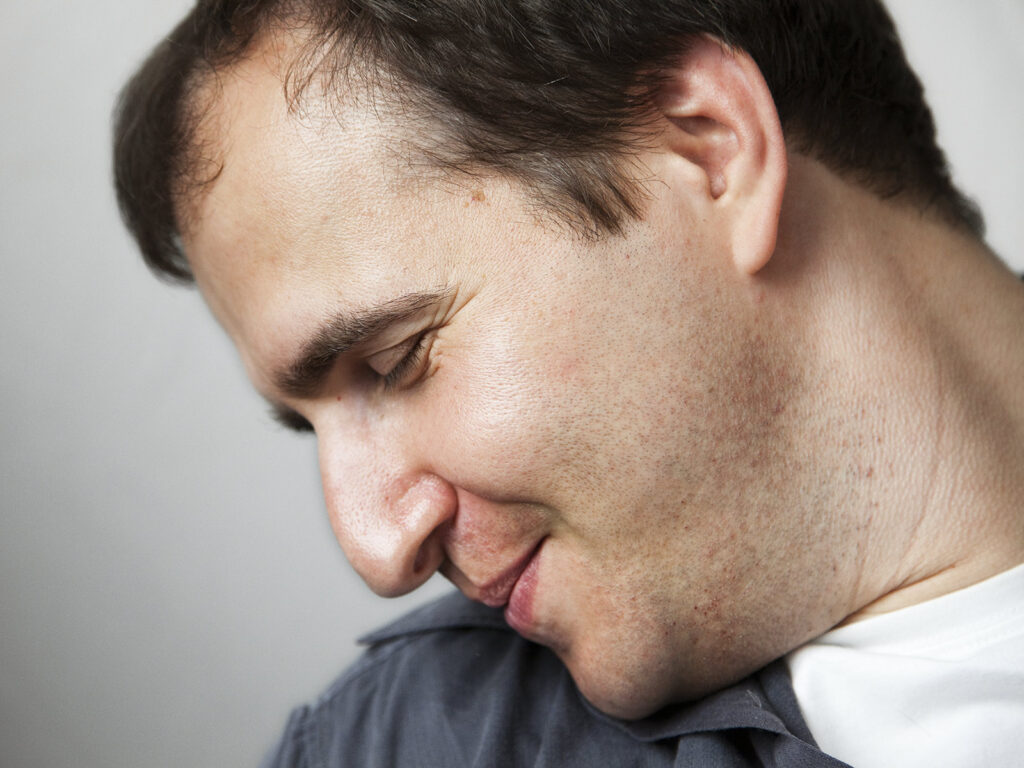
New Daddies: Redefining Fatherhood in the 21st Century
The traditional image of fatherhood is rapidly evolving. The 21st century has ushered in an era of “new daddies” – men who are actively engaged in all aspects of their children’s lives, from diaper changes to emotional support. This shift reflects broader societal changes, including evolving gender roles and a growing recognition of the importance of involved fathers. This article explores the multifaceted aspects of this modern fatherhood, examining the challenges, the triumphs, and the impact of new daddies on families and society.
The Rise of the Involved Father
For decades, the stereotypical image of a father was that of a breadwinner, often emotionally distant and less involved in the day-to-day care of children. However, economic shifts, increased female participation in the workforce, and a growing awareness of the benefits of shared parenting have contributed to a significant change. Today’s new daddies are increasingly embracing their roles as caregivers, actively participating in everything from feeding and bathing infants to helping with homework and providing emotional guidance to teenagers. This hands-on approach is not just a matter of practicality but a conscious decision to build strong, meaningful relationships with their children.
Breaking Down Stereotypes
One of the biggest hurdles for new daddies is overcoming ingrained societal stereotypes. Men who actively participate in childcare are sometimes viewed as less masculine or less committed to their careers. These outdated perceptions can create pressure and make it challenging for men to fully embrace their roles as involved fathers. However, a growing number of men are pushing back against these stereotypes, demonstrating that being a caring and nurturing father is not a sign of weakness but a testament to their strength and commitment.
The Benefits of Involved Fatherhood
The positive impact of involved fatherhood extends far beyond the immediate family. Children with engaged fathers tend to perform better academically, exhibit fewer behavioral problems, and have higher self-esteem. They also develop a stronger sense of empathy and are better equipped to form healthy relationships later in life. Furthermore, studies have shown that children with involved fathers are less likely to engage in risky behaviors, such as drug use and early sexual activity.
Impact on Children
The presence of a loving and involved father figure can significantly impact a child’s development. Children raised by new daddies often have a more balanced perspective on gender roles and are less likely to perpetuate harmful stereotypes. They learn that men can be both strong and nurturing, capable of providing both financial support and emotional care. This exposure to positive role models helps them develop a more comprehensive understanding of the world and their place in it.
Impact on Mothers
Involved fatherhood also benefits mothers. When fathers actively share the responsibilities of childcare and household management, mothers experience less stress and are better able to pursue their own goals and interests. This shared workload can lead to a more equitable and fulfilling relationship, fostering greater communication and mutual respect. Furthermore, when mothers feel supported by their partners, they are better able to prioritize their own well-being, which ultimately benefits the entire family. [See also: The Importance of Parental Support Systems]
Challenges Faced by New Daddies
Despite the growing acceptance of involved fatherhood, new daddies still face numerous challenges. Workplace policies often fail to accommodate the needs of working fathers, making it difficult to balance career and family responsibilities. Paternity leave is often shorter than maternity leave, and fathers may face stigma for taking time off to care for their children. Additionally, societal expectations can create pressure to conform to traditional gender roles, making it challenging for men to fully embrace their roles as caregivers.
Work-Life Balance
Balancing work and family life is a constant struggle for many new daddies. Long working hours, demanding careers, and a lack of flexible work arrangements can make it difficult to dedicate the time and energy needed to be an involved father. Many men feel torn between their professional obligations and their desire to be present in their children’s lives. Finding a healthy balance requires open communication with employers, a willingness to prioritize family, and a strong support system.
Societal Expectations
Societal expectations can also create challenges for new daddies. Men who actively participate in childcare may face criticism or ridicule from colleagues, friends, or even family members. These negative attitudes can make it difficult for men to feel confident in their roles as involved fathers. Overcoming these challenges requires a willingness to challenge outdated stereotypes and to advocate for greater recognition and support for involved fathers.
Supporting New Daddies
Creating a more supportive environment for new daddies requires a multifaceted approach. Employers need to implement family-friendly policies, such as flexible work arrangements and generous parental leave. Governments need to enact legislation that protects the rights of working fathers and promotes gender equality. And society as a whole needs to challenge outdated stereotypes and embrace a more inclusive view of fatherhood.
Workplace Policies
Workplace policies play a crucial role in supporting new daddies. Employers should offer flexible work arrangements, such as telecommuting and flexible hours, to allow fathers to balance their work and family responsibilities. They should also provide generous parental leave, recognizing that both mothers and fathers need time to bond with their newborns. Furthermore, employers should create a culture of support and understanding, where fathers feel comfortable taking time off to care for their children without fear of reprisal. [See also: Workplace Benefits for New Parents]
Government Initiatives
Government initiatives can also play a significant role in supporting new daddies. Governments should enact legislation that protects the rights of working fathers, such as guaranteeing paternity leave and prohibiting discrimination based on parental status. They should also invest in programs that provide resources and support to new parents, such as parenting classes and childcare subsidies. Furthermore, governments should promote public awareness campaigns that challenge outdated stereotypes and celebrate the diversity of modern families.
The Future of Fatherhood
The trend towards involved fatherhood is likely to continue in the coming years. As gender roles continue to evolve and as the benefits of shared parenting become increasingly clear, more and more men will embrace their roles as caregivers. This shift will have profound implications for families, communities, and society as a whole. By creating a more supportive environment for new daddies, we can help them thrive and ensure that their children have the best possible start in life.
A More Equitable Future
The rise of new daddies represents a significant step towards a more equitable future. When fathers actively share the responsibilities of childcare and household management, it frees up mothers to pursue their own goals and interests. This shared workload can lead to a more balanced and fulfilling relationship, fostering greater equality and mutual respect. Furthermore, when children see their parents sharing responsibilities equally, they develop a more nuanced understanding of gender roles and are better equipped to create their own equitable relationships in the future. The evolution of the “new daddies” is contributing significantly to a more balanced and equitable society, where both parents can thrive and reach their full potential. New daddies are changing the landscape of family life, one diaper change and bedtime story at a time. The support and recognition of these new daddies will continue to shape the future of families for generations to come. The term “new daddies” encompasses a wide range of parenting styles, all united by a common thread: active involvement in their children’s lives. The rise of “new daddies” is a testament to the evolving roles of men in the modern family. “New daddies” are challenging traditional gender roles and embracing a more hands-on approach to parenting. The concept of “new daddies” is gaining traction as more men prioritize family and actively participate in childcare. The impact of “new daddies” extends beyond the family, shaping societal norms and expectations around fatherhood. Supporting “new daddies” is crucial for creating a more equitable and supportive environment for all families. “New daddies” are redefining what it means to be a father in the 21st century. The dedication and involvement of “new daddies” are making a positive difference in the lives of their children and families. The emergence of “new daddies” reflects a broader societal shift towards more equitable and involved parenting roles. The future of fatherhood is being shaped by the dedication and commitment of “new daddies” around the world.

